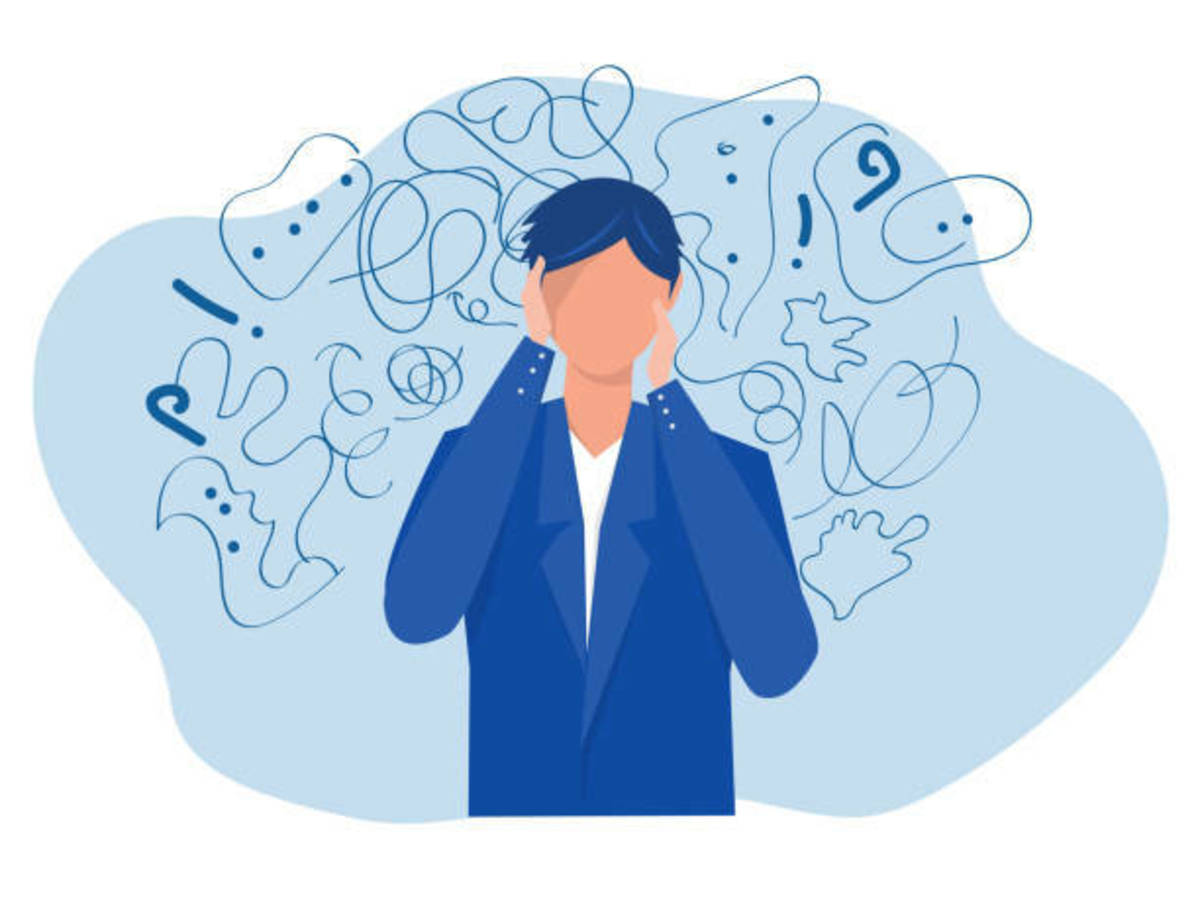ADHD Alternative Treatments: Physical Exercise
Everybody knows that exercise is good for our bodies, but did you know that it is also good for our minds? Recent studies have found that regular exercise can play a significant role in relieving the symptoms of ADHD, and many doctors now consider regular exercise to be an important part of any alternative treatment program for ADHD.
The Mental Benefits of Exercise
- Exercises improves focus and concentration. Exercise elevates levels of dopamine, norepinephrine, and serotonin in the brain. These brain chemicals improve the ability of the brain's attention system to regulate itself, a major weakness of the ADHD brain.
- Exercise improves mental alertness. Moderate exercise (not exercise to the point of exhaustion!) has the effect of a mild stimulant drug on the brain, but without the side effects of drugs. Exercise improves mental alertness and reduces drowsiness.
- Exercise improves the mood. Depression and mood disorders are commonly associated with ADHD. Exercise releases brain chemicals called endorphins, which elevate the mood and reduce the sensation of pain.
- Exercise reduces aggression. Aggressive behavior, whether due to poor impulse control or to Oppositional Defiant Disorder, which is commonly associated with ADHD, is a common symptom of ADHD. Exercise not only offers a productive outlet for aggressive impulses, it can also reduce their frequency.
- Exercise decreases hyperactivity and impulsivity. Exercise helps wear off excess energy in a productive way, so it decreases the need to fidget or "bounce" from one activity to the next.
- Exercise increases brain complexity. Like all skills, exercise increases the complexity of the brain by laying down new neural pathways as skills are learned. The more complex and interconnected the brain is, the easier it is to learn new skills and remember new information.
- Exercise increases brain health. A sound mind in a sound body, the ancient Romans said, and little did they know how right they were. Exercise improves blood circulation throughout the body, including to the brain. Improved blood circulation improves the overall health and resilience of the brain, increasing its ability to function normally and correctly, self-moderate neural impulses, and maintain tissue health.

Exercise and Sleep
Exercise also has a number of indirect benefits for children and adults with ADHD. One of the most important is its effect on sleep. Sleep disorders are significantly more common among people with ADHD than among the general population, and the side effects of a poor night's sleep - or one thousand poor nights' sleep - are almost identical to the symptoms of ADHD. Sleep disorders may severely exacerbate symptoms of ADHD in many people, and in some, may even be mistaken for ADHD! For more about the connection between ADHD and sleep, please read ADHD Alternative Treatments: Sleep.
Exercise improves sleeping habits in a number of ways.
First, it improves mental alertness during the day, reducing daytime drowsiness and making it easier to fall asleep at night. It also wears off excess physical energy, making it easier for the body to relax and fall asleep at night.
Secondly, exercise encourages deep sleep, which is necessary for the brain to grow, heal, and self-regulate normally.
Finally, exercise can play a major role in reducing the underlying causes of some sleep disorders.
For example, sleep apnea is common in both children and adults with ADHD and it is exacerbated by excess weight. Exercise helps control weight and relieve sleep apnea.
Exercise also improves blood circulation, which relieves another common sleep disorder common among many teens and adults with ADHD: restless leg syndrome. Regular moderate physical exercise is one of the most effective treatments for restless leg syndrome.
Exercise for Children and Adults With ADHD
Now that we've explained the benefits of exercise for children and adults with ADHD, what are the best types of exercise?
The good news is that almost any exercise will help. Dr. John Ratey, author of Spark: The Revolutionary Science of Exercise and the Brain, says that even as little as 30 minutes of walking four days per week can provide significant improvement to patients with ADHD.
However, there are a number of types of exercise that offer extra benefits to people with ADHD.
Active, fast moving team sports are a good choice for many people with ADHD, especially those in the early stages of treatment, because they hold interest more easily than more solitary sports and can help improve planning and organization skills.
Some studies have found that sports and activities such as tae kwan do, ballet, and gymnastics, which require careful attention to the body's movements, train the attention systems of children and adults with ADHD to concentrate more carefully and increase attention span.
Long distance sports such as running and biking offer similar benefits to the attention span.
Finally, sports such as hiking and trail running that take place in beautiful natural settings may offer special benefits to people with ADHD. Recent studies have found strong evidence of the remarkable benefits that regular contact with nature offers to children and adults with ADHD. For more, please read ADHD Alternative Treatments: Nature Therapy.








